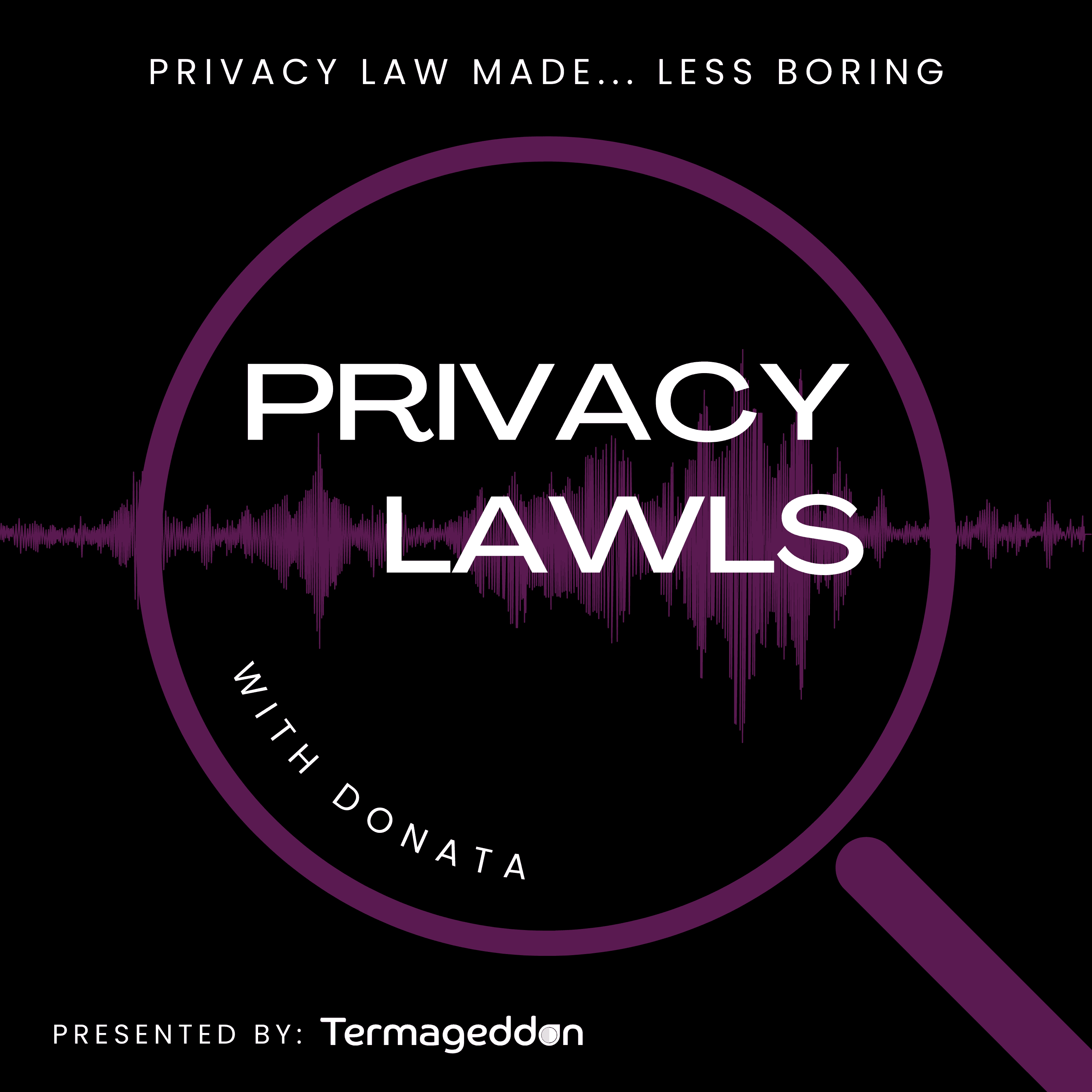Privacy Lawls with Donata
Ep. 3 | The History of Privacy — Part 2 (Guest: Kimberly Pack)

Search the Site
Popular Articles
Browse by Category
Subscribe for Updates
Privacy Lawls with Donata
